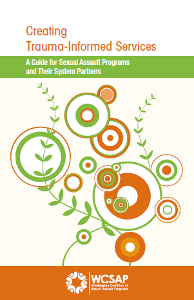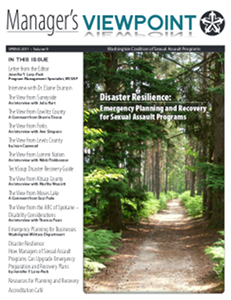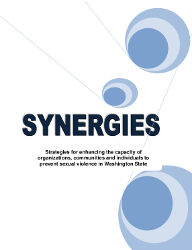Are you aware that the Washington State Department of Labor & Industries (L&I) requires you to have either a
- safety committee
- or a regular safety meeting,
depending on the number of employees you have? WAC 296-800-130 clearly identifies this requirement.
If you have 11 or more employees on the same shift in the same location, you must establish a safety committee, which consists of representatives elected by employees as…


